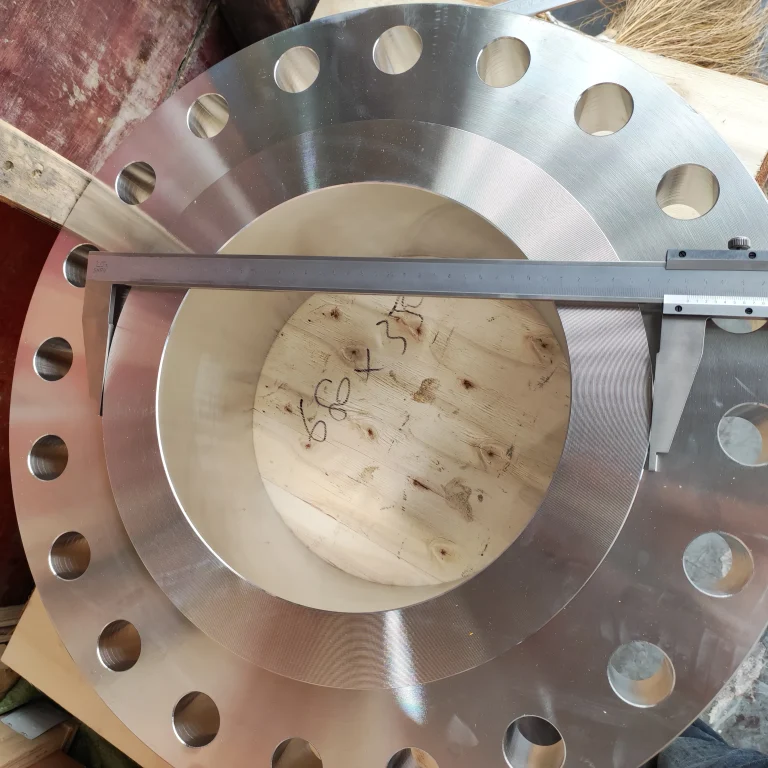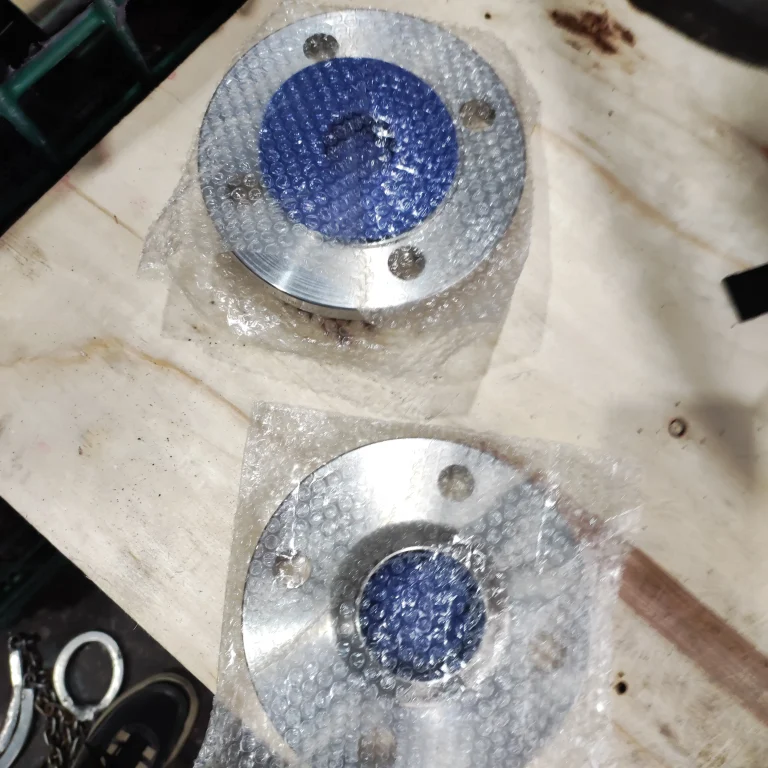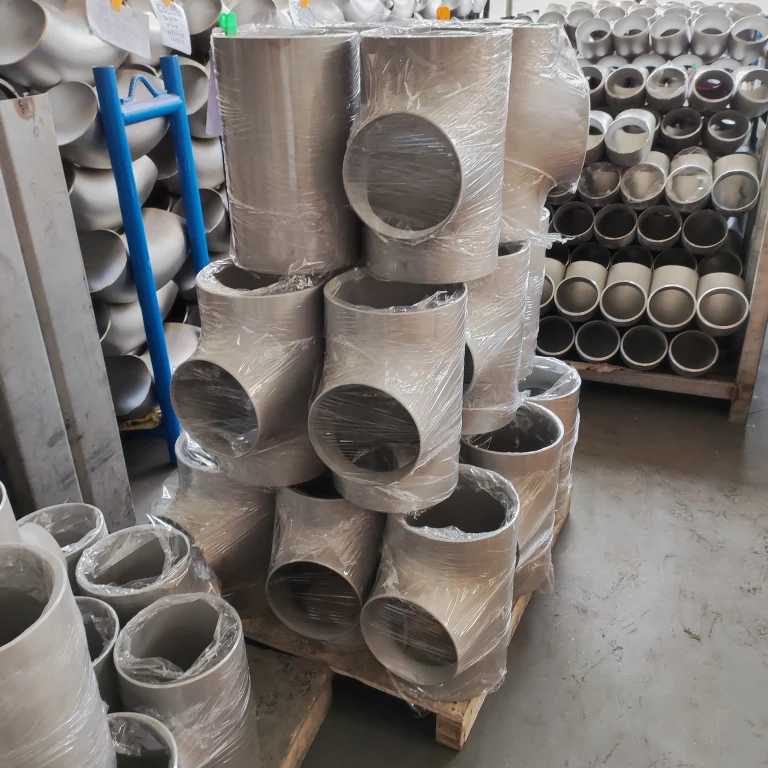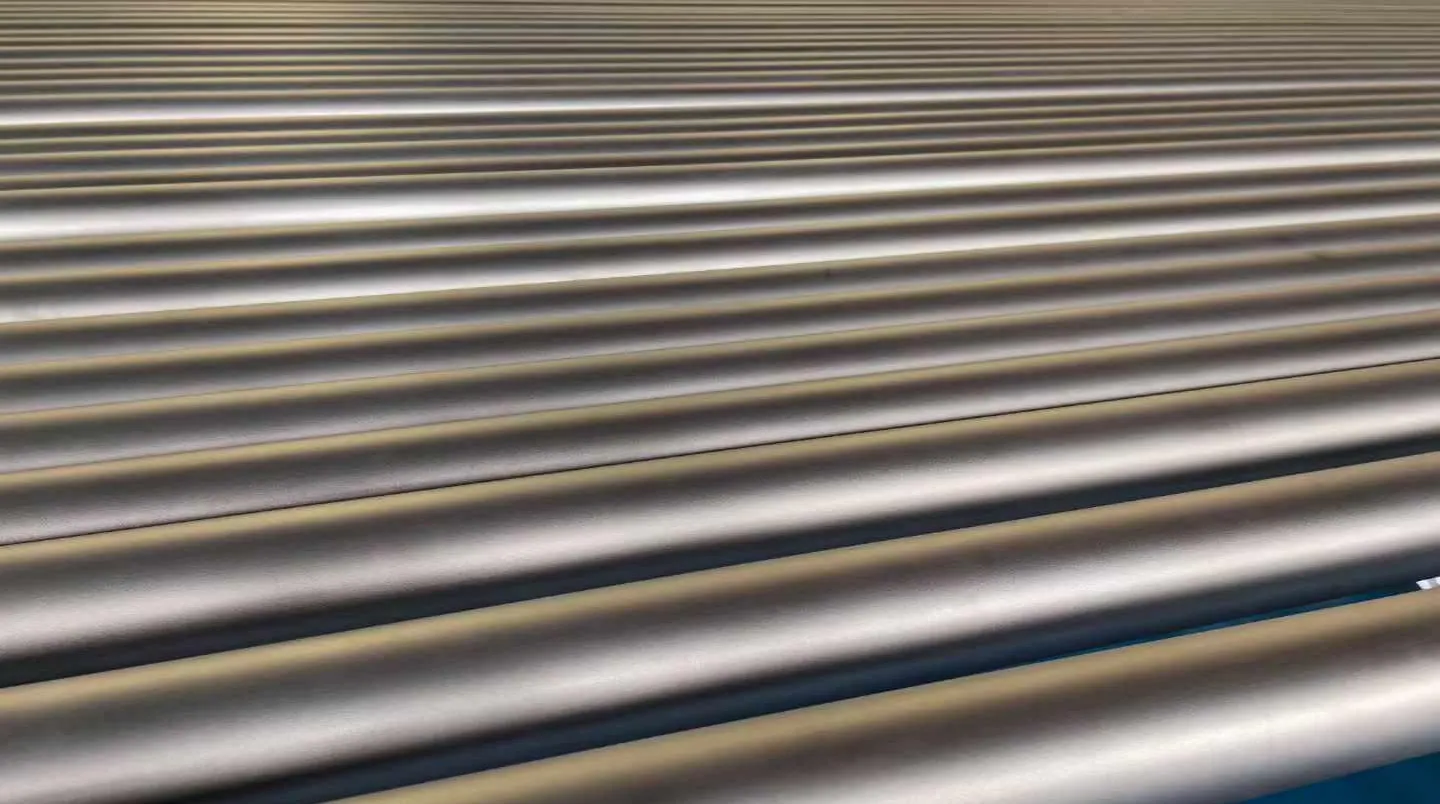Raccords haute pression sont des composants spécialisés conçus pour résister à des forces extrêmes. Ils sont essentiels pour les systèmes où les tuyaux en acier inoxydable ou raccords se romprait. Le choix des bons raccords de tuyauterie à haute pression garantit une sécurité totale et l'intégrité opérationnelle. Ils constituent l'épine dorsale de tout système traitant des applications de fluides exigeantes.
Qu'est-ce qu'un raccord à haute pression ?
Les raccords de tuyauterie haute pression sont spécialement conçus pour transporter des fluides sous des pressions nettement plus élevées que les raccords standard.Généralement fabriqués à partir de matériaux plus épais, leur production implique souvent des processus de forgeage, ce qui permet d'obtenir des structures de composants plus denses et plus résistantes.Dans des conditions exigeantes, ces raccords empêchent efficacement les fuites et les défaillances.
Les caractéristiques des raccords à haute pression
- Structure forgée : la plupart des raccords de tuyauterie à haute pression sont forgés. Le processus de forgeage forme une structure cristalline dense, éliminant les défauts internes et la porosité afin de maximiser la résistance des composants.
- Tolérance minimale sur l'épaisseur de la paroi : les fabricants assurent des écarts de tolérance minimaux pour garantir la stabilité de l'épaisseur de la paroi, un processus de précision essentiel pour maintenir l'intégrité de la pression.
- Résistance à la fatigue : les conceptions tiennent compte des facteurs de cycles de pression ; les raccords supportent des contraintes et des déformations prolongées, ce qui prolonge considérablement leur durée de vie.
- Densité élevée des matériaux : la sélection des matériaux privilégie les propriétés de densité et de dureté pour résister à la déformation sous des charges extrêmes, les matériaux de qualité supérieure comme l'acier super duplex étant essentiels.
Ce que nous faisons
- Plaque
- Feuille
- Forgeage
- Barre ronde
- Bride
- Tuyaux
- Raccords
- Sur mesure
Contactez-nous pour plus d'informations
Comprendre les systèmes d'évaluation de la haute pression
Les brides et les raccords de tuyauterie sont désignés par leur pression nominale. Les pressions nominales les plus courantes sont 600, 900, 1500 et 2500. Les chiffres les plus élevés indiquent une capacité de pression plus importante.
L'épaisseur de la paroi du tube est en corrélation avec les spécifications du tube.Les systèmes à haute pression utilisent généralement des tubes de qualité 80, 160 ou XXS.Les parois plus épaisses des tubes peuvent supporter en toute sécurité des pressions internes plus élevées.
La pression maximale dépend de la température.Plus la température de fonctionnement augmente, plus la valeur nominale diminue.Veuillez nous contacter pour vous assurer de l'exactitude des données.
Critères de sélection clés
Le matériau doit résister à la fois aux contraintes et à la corrosion. Les alliages tels que le duplex et le super duplex sont des choix courants.
La pression est directement liée à l'épaisseur de la paroi.Les raccords de tuyauterie sont spécifiés en utilisant des valeurs nominales de haute pression plutôt que des valeurs nominales de tuyauterie standard.Les parois plus épaisses peuvent supporter en toute sécurité des pressions internes plus élevées.
Les raccords à souder par emboîtement et les raccords filetés sont courants pour les petites conduites à haute pression, tandis que les raccords à souder par emboîtement sont utilisés pour les conduites de plus grande taille et pour une résistance maximale.
Les raccords de tuyauterie doivent répondre à des exigences strictes en matière de spécifications. ASME B16.11 La conformité garantit des performances prévisibles et fiables.
Matériaux et types de composants pour les raccords à haute pression
| Grade de l'alliage | Application haute pression | Noms des composants |
|---|---|---|
| 316/316L | Haute pression modérée | Coudes, Tés |
| Duplex 2205 | Haute résistance, corrosion | Brides, raccords |
| Super Duplex 2507 | Pression extrême, corrosion sévère | Réducteurs, mamelons |
| Alliage 625 | Haute température, pression suprême | Raccords à souder à emboîtement |
Comparaison de la résistance des matériaux des raccords à haute pression
| Biens | Acier inoxydable | Acier Carbone |
|---|---|---|
| Coût | Plus élevé | Plus bas |
| Résistance à la corrosion | Excellent | Pauvre |
| Utilisation à haute température | Supérieure | Limitée |
| Maintenance | Minime | Haut |
Applications et fabrication
- Raffinage pétrochimique:Les raccords de tuyauterie en acier inoxydable haute pression sont utilisés ici.Ils sont capables de traiter des fluides volatils et des environnements à haute température.Les processus de fabrication standardisés garantissent la fiabilité de l'ensemble du système.
- Science des matériaux:Le choix de l'alliage est vital. carbure en acier inoxydable Les carbures peuvent avoir un effet négatif sur la solidité et la résistance à la corrosion.
- Sanitaire et biopharmaceutique : les systèmes spécialisés de haute pureté peuvent également être à haute pression. Dans ce cas, les tuyaux et raccords sanitaires doivent respecter des normes rigoureuses.
- Qualité de fabrication:Le traitement post-soudure est souvent effectué sur les raccords à haute pression.Il élimine les contraintes résiduelles.Il améliore également la résistance à la corrosion.Certains systèmes à plus basse pression peuvent utiliser des techniques de raccords à sertir à la place.
Le processus de dégradation naturelle
Des microfissures se forment et se propagent lentement, conduisant finalement à la rupture après de nombreux cycles de travail.
La combinaison de contraintes élevées et de fluides corrosifs est dangereuse. Elle peut entraîner une rupture fragile soudaine. La fissuration par corrosion sous contrainte est silencieuse mais catastrophique.
Les fluides à grande vitesse peuvent éroder les parois internes, ce qui entraîne une diminution progressive de l'épaisseur de la paroi au fil du temps et, par conséquent, une baisse lente de la pression nominale.
Comment entretenir les raccords à haute pression
- Inspection de routine:Effectuer des inspections visuelles régulières de tous les raccords.Rechercher les premiers signes de corrosion par piqûres ou de fuites.Une détection précoce permet d'éviter les défaillances majeures.
- Vérification du couple : Vérifiez que les boulons et les raccords sont correctement serrés.Une pression élevée peut entraîner un desserrement des joints.Un couple correct est essentiel pour la prévention des fuites.
- Essais non destructifs (CND) : inspecter périodiquement les soudures et les composants critiques, en utilisant des tests ultrasoniques ou radiographiques pour détecter les défauts avant qu'ils ne deviennent des risques pour la sécurité.
- Surveillance chimique : surveillez étroitement la composition chimique du fluide, évitez les augmentations soudaines des niveaux de chlorure ou d'acidité afin de réduire les risques de fissuration par corrosion sous contrainte et de corrosion générale.
Nous contacter
- RM901 No.22 Tangjiaqiao Road Wenzhou Chine
- +86 577 8551 1171
- [email protected]
- https://www.kaysuns.com/






